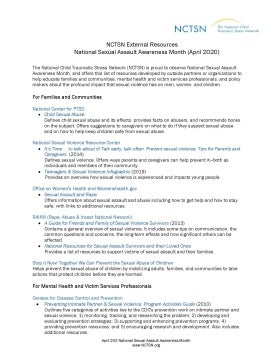
Sexual Assault Awareness External Resources
Provides external resources related to sexual assault awareness.
The following resources on child trauma were developed by the NCTSN. To find a specific topic or resource, enter keywords in the search box, or filter by resource type, trauma type, language, or audience.

Provides external resources related to sexual assault awareness.

Reviews the draft diagnostic criteria and proposed developmental modifications. He will also discuss some of the implications, risks, and opportunities that a new grief disorder can bring to the field of child and adolescent bereavement.

Summarizes the evidence to date regarding Persistent Complex Bereavement Disorder, a provisional disorder listed in the appendix of DSM-5 and provides an overview of multidimensional grief theory and how it can be used to guide modularized, assessment-driven treatment of bereaved youth.

Contains recommendations for developmental modifications to DSM-5-TR Prolonged Grief Disorder criteria.

Outlines the draft criteria for the DSM-5-TR Prolonged Grief Disorder.
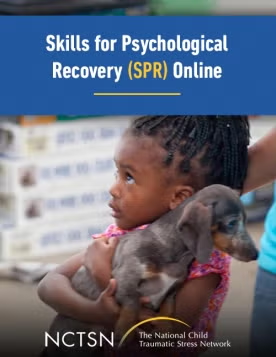
Aims to help survivors gain skills to manage distress and cope with post-disaster stress and adversity. This course utilizes skills-building components from mental health treatment that have been found helpful in a variety of post-trauma situations.
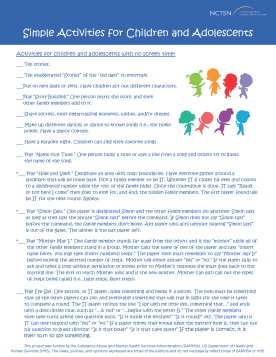
Offers activity ideas to parents and caregivers whose families are sheltering in place, evacuating their homes, or social distancing due to any type of disaster or event.
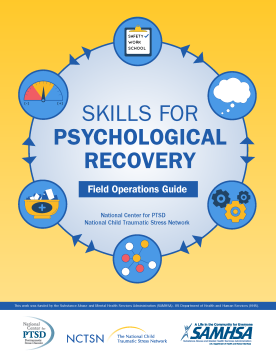
Gives guidance on responding to disaster, violence, or terrorism events using the Skills for Psychological Recovery intervention. This approach helps to assist children, adolescents, adults, and families in the aftermath of disaster and terrorism.

Gives guidance on responding to disaster, violence, or terrorism events using the Skills for Psychological Recovery intervention. This approach helps to assist children, adolescents, adults, and families in the aftermath of disaster and terrorism.
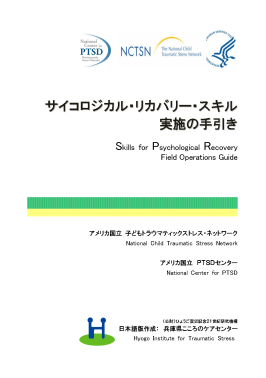
Gives guidance on responding to disaster, violence, or terrorism events using the Skills for Psychological Recovery intervention. This approach helps to assist children, adolescents, adults, and families in the aftermath of disaster and terrorism.
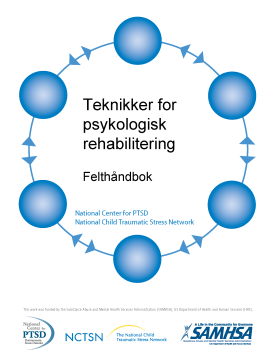
Gives guidance on responding to disaster, violence, or terrorism events using the Skills for Psychological Recovery intervention. This approach helps to assist children, adolescents, adults, and families in the aftermath of disaster and terrorism.
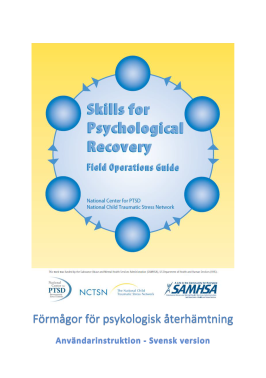
Gives guidance on responding to disaster, violence, or terrorism events using the Skills for Psychological Recovery intervention. This approach helps to assist children, adolescents, adults, and families in the aftermath of disaster and terrorism.